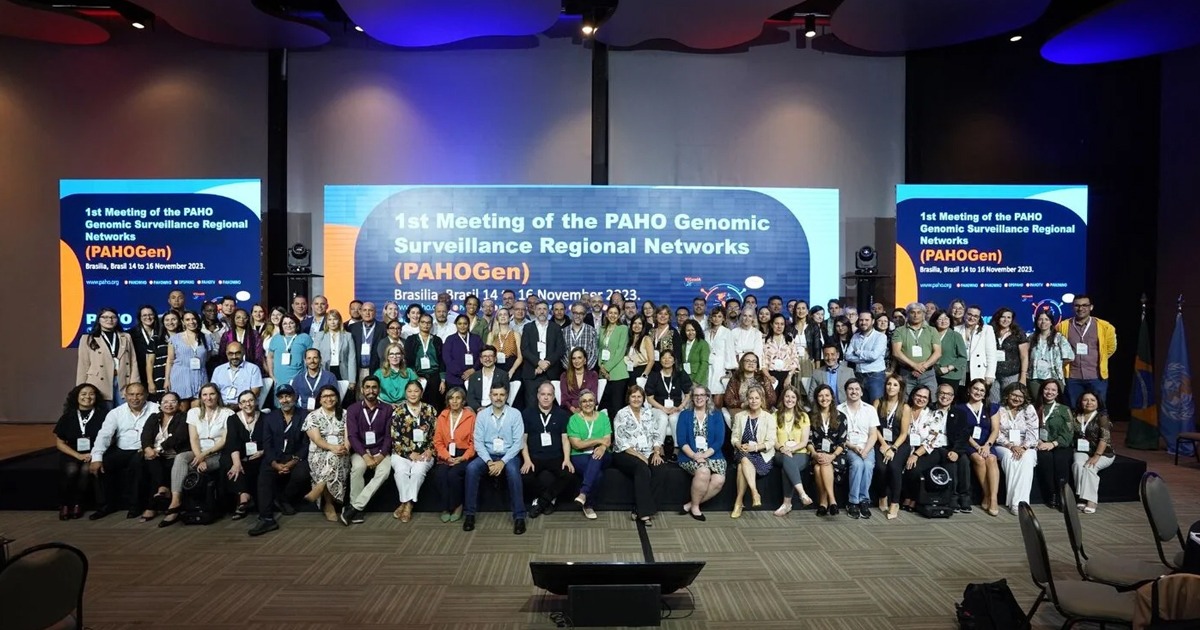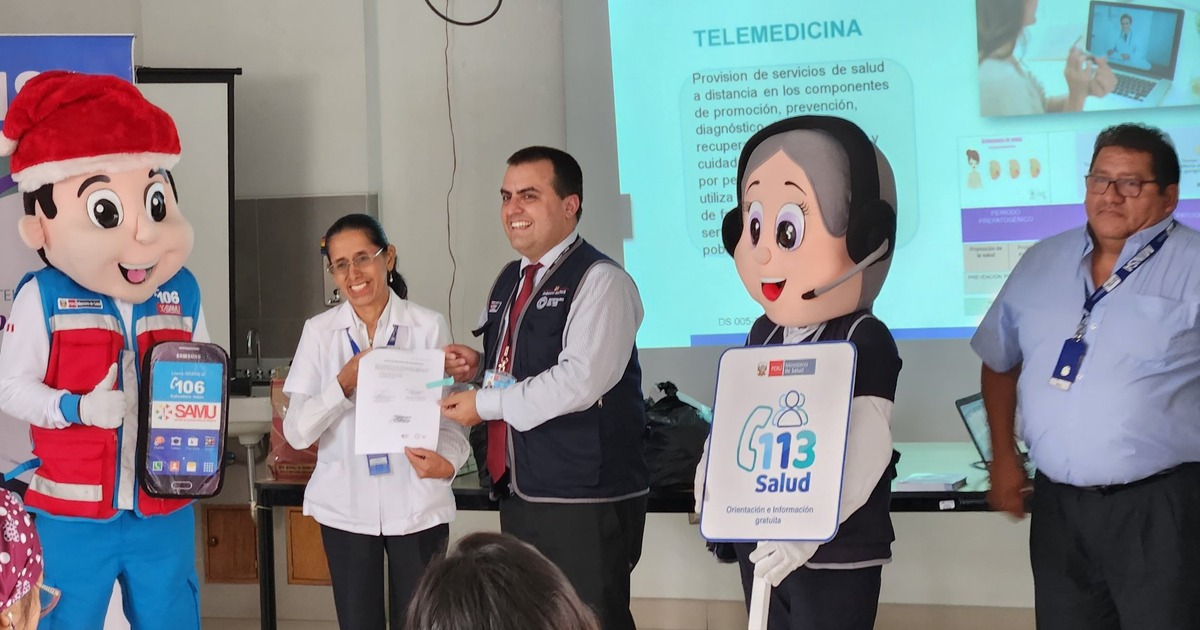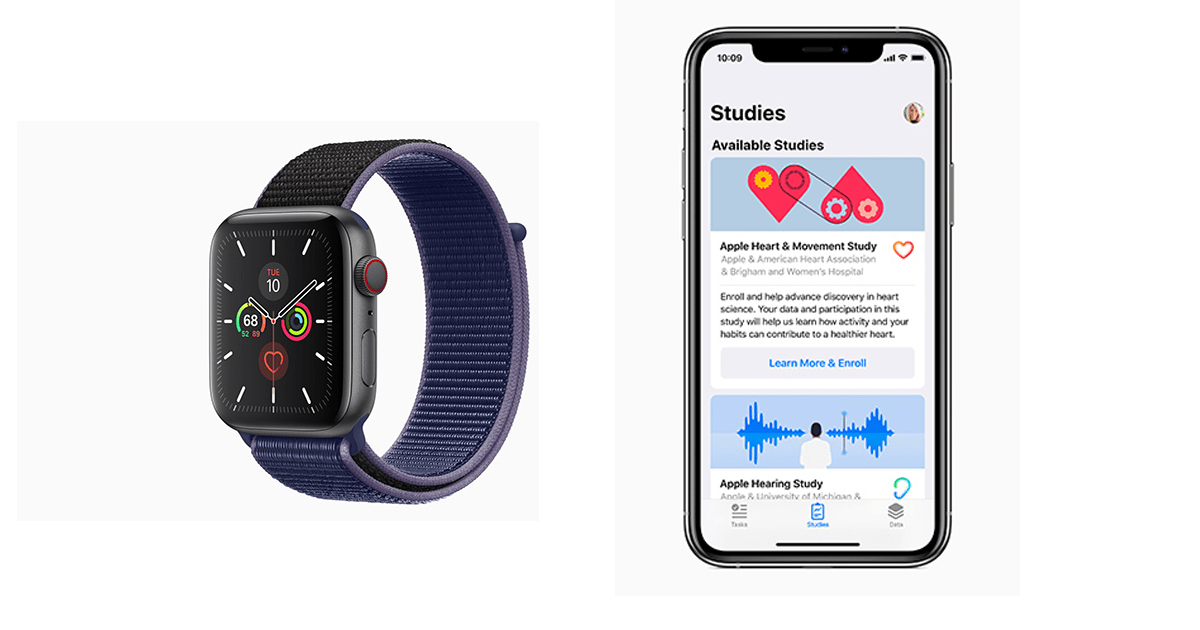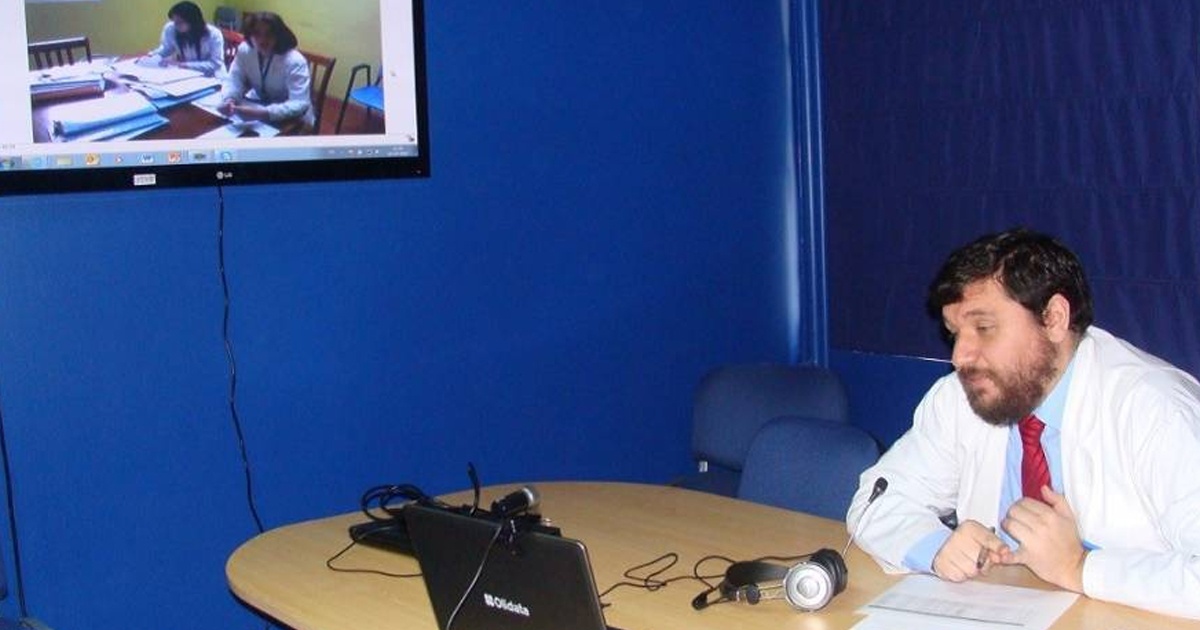Scientists and researchers at the Buck Institute for Research on Aging at Stanford University developed iAge, a “clock” that predicts variables and metrics related to longevity.
The Buck Institute for Research on Aging of Stanford University, is a study and research center specializing in biomedical research, aging and age-related diseases. Scientists from one of its research groups have developed an aging clock, which measures the inflammatory load, predicts multiple morbidity, frailty, immune health and cardiovascular aging.
To develop the system age used a system based on Artificial Intelligence trained through a blood immunoma study of 1001 participants. "Standard immune metrics that can be used to identify individuals who are most at risk of developing single or even multiple chronic diseases of aging have been growing rapidly," the researchers explained.
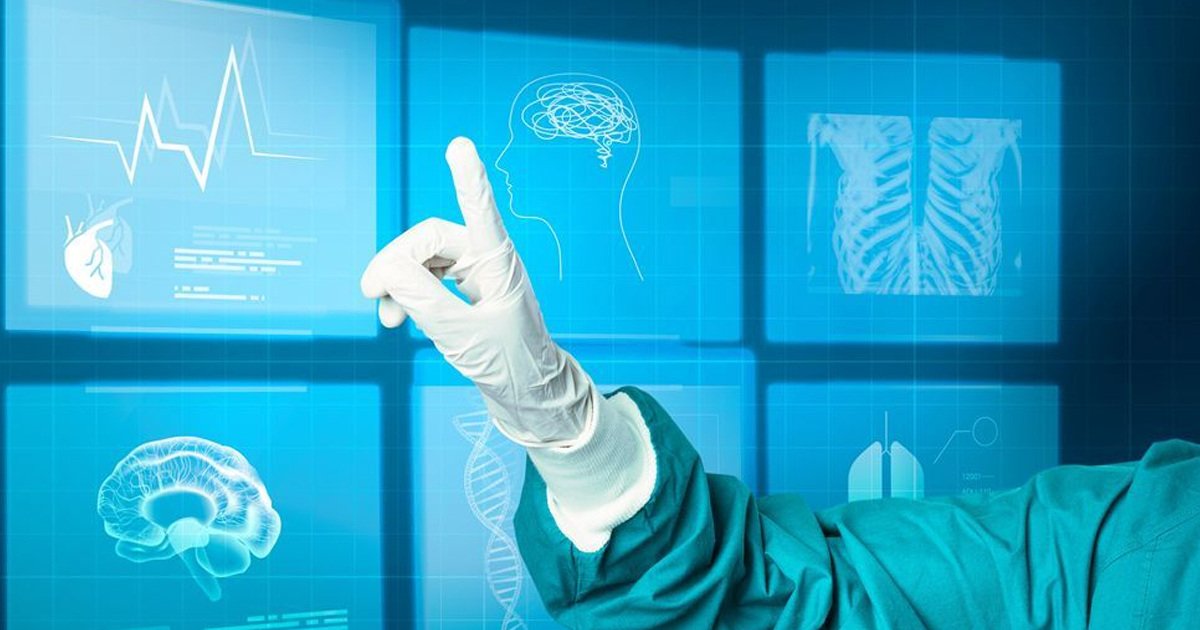
The researchers have explained the importance of biology in their approach, managed to identify a greater number of metrics so that they now have the means to detect dysfunction in organs and act before the patient develops a disease.
Through age It will be possible to know the risk of a person developing various chronic diseases, this through the evaluation of the cumulative physiological damage to their immune system. “All of these people (participants) are healthy according to all available laboratory tests and clinical evaluations, but using iAge we were able to predict who is likely to have left ventricular hypertrophy (an enlargement and thickening of the walls of the ventricle chamber). main pumping of the heart) and vascular dysfunction,” they explained.

